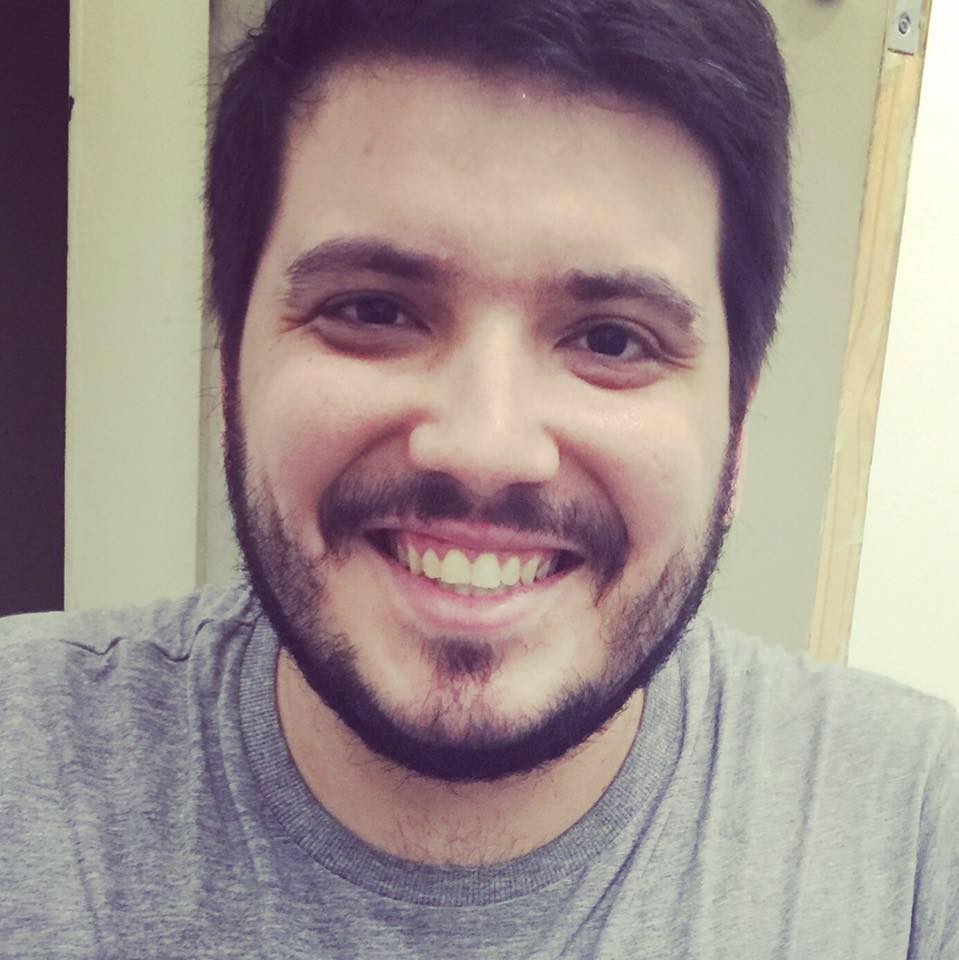Understanding Classroom Life: My first steps into Exploratory Practice
 Why do my students participate in my classes?
Why do my students participate in my classes?
This is the question I asked myself when I first met this group of twenty s teenagers age 15-16 years old. From day one, they took part in the activities and spoke English most of the time. I was puzzled. How come? We meet at the end of the afternoon twice a week. I’ve been teaching at my language school for ten years now and I’ve had some very nice groups and students I’ll never forget. This group is one of them. But this time I’ve decided to ask this question. Why do my students participate in my classes?
First things first: I’m starting to delve into Exploratory Practice, a qualitative research paradigm that assumes that “learners as well as teachers are necessarily involved in the moment-by-moment micro-management of classroom events.” Ultimately, EP can be “fully integrated in to the teaching and the learning themselves” (Allwright, 2003, p. 5).
Secondly, every researcher needs to have a clear understanding of what reality is for him or her and how knowledge is built. Ontology refers to one’s belief about reality and truth while Epistomology refers to what we think knowledge is. As a practitioner researcher, I believe in “subjective reality, co-created by mind and given cosmos” (Lincoln, Y.S. & Guba, E.G., 2000, p. 168). I also believe that findings are co-created by the participants in their “participatory transaction with cosmos” and in the case of my research, I include my students and myself interacting in our context. Truth is a model. Different beliefs about truth lead to different perceptions of reality and the relationship between subjectivity and objectivity. I don’t believe in a real, aprehendable, objective reality. My findings and my notion of truth are based on our own perceptions of the world in our interactions in a given context. We are the world. The world is what we do. In view of this, it makes sense to take participants’ perceptions into account to describe the findings and the ‘truth’ of my research.
EP involves four major steps:
- (1) identifying a puzzle, that is, asking yourself a question that involves your classroom life or any area of your teaching practice that intrigues you. It also involves reflection on your puzzle;
- (2) Planning a PEPA (a potentially exploitable pedagogic activity) to allow your students to take action towards understanding the puzzle and to gather data;
- (3) Monitoring to gather more data, that is, observing yourself and your students to learn more about your puzzle;
- (4) Analyzing the data and considering what to do with it. It also involves considering whether change is possible or desired. This stage involves the students’ participation as well.
EP is not about solving problems. It’s about planning for understanding and inviting whoever is involved in your puzzle to participate in this quest. What I like about it is that it’s neither a burden for us teachers nor for our students. It’s part of our classes and simple though it sounds , it leads to mutual understanding and cooperation between teacher and students. One more reason why I truly believe in EP is that the researcher does not step aside from their class: As teachers, we are part of the classroom life as much as our learners are. Ultimately, it “helps learners to understand their own lives as learners and to understand the importance of their own contributions to the quality of classroom life” (Allwright, 2003, p. 7)
My enquiry was nothing short of peculiar. Most teachers would ask precisely the opposite. We are happy when our students participate and speak English. We are frustrated when our students don’t. That’s how it works. We start asking ourselves what’s wrong and what we’re missing. We start asking ourselves questions. In my case, high student participation was what puzzled me.
My first step was sharing my puzzle with my students and letting them reflect on that with me. I then took advantage of the target language for that class (indirect questions) and asked them to create a question related to my puzzle and interview each other. After jotting down the answers, they got together in two groups and put the data together.
The findings were nothing short of surprising. Instead of the answers I had expected, it was extrinsic motivation that led them to participate in our classes. Among other things, most answers mentioned the importance of English in the future and the importance of speaking English for their grades.
You never really know where it will take you. We take so many things for granted that we forget to really listen to our students and to ourselves as well; we refuse to stop for a moment and see things as they are. We forget to wonder. Are my teenage students really thinking about the future or are their parents constantly telling them to learn English because they are worried about their children’s future careers? I am now thinking about the role of exams and tests for our students. I now wonder how these ‘voices’ have impacted my students’ perception of their learning a second language. “”I live in a world of others’ words” (Bakhtin, 1986, p. 143). Whose words compose my students’ own words? Whose discourses are they reproducing and how? How do we teachers contribute to it? It seems that our discovery has left us with even more questions, and this is the beauty of research. What questions have you been asking yourself lately?
Further reading:
Exploratory Practice: Some Introductory Readings retrieved from:
https://www.letras.puc-rio.br/unidades&nucleos/epcentre/readings/ep_reading_contents.htm
Bakhtin, M. M. (1986) Speech Genres and Other Late Essays. Austin: University of Austin Press
Lincoln, Y. S.; Guba, E. G. Paradigmatic Controversies, Contradictions and Emerging Confluences. In: DENZIN, N. K.; LINCOLN, Y. S. (Eds.) Handbook of qualitative research. London: Sage Publications, 2000. p. 163-188.



